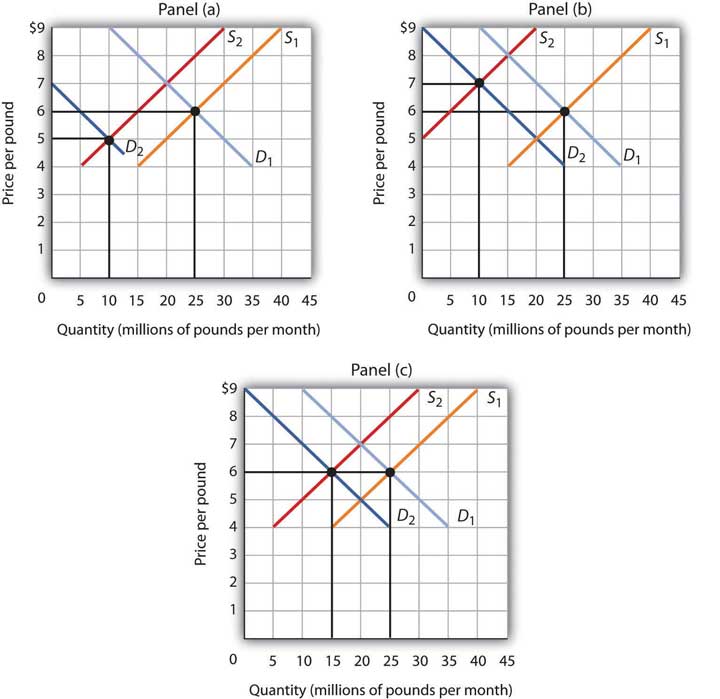
The demand and supply schedules for flying disks are shown in the table below.
Column one: the number of flying disks in stock, column two:
Demand for flying disks, column three: price charged by suppliers per unit.
A recent study found that the supply and demand schedules for flying disk are as follows:
The table below shows a summary of the hypothetical data on which we will base our analysis.
When there are only 12 units left in stock since they would then sell all their inventory”.
However, these descriptions do not provide enough information to fully understand what is happening with this market so let’s dig into the numbers and see what’s happening.
Column one: the number of flying disks in stock, column two: demand for flying disk, column three: price charged by suppliers per unit.
The study found that when there are 12 or more units in stock, then the supply equals demand at $0.75 a piece.
But with fewer than 12 units available to sell (for example if there were only one left).
Then prices would rise up over $0.99 because competition among suppliers is fierce.
Prices will stabilize around $0.80 until new supplies arrive on the market place. 




